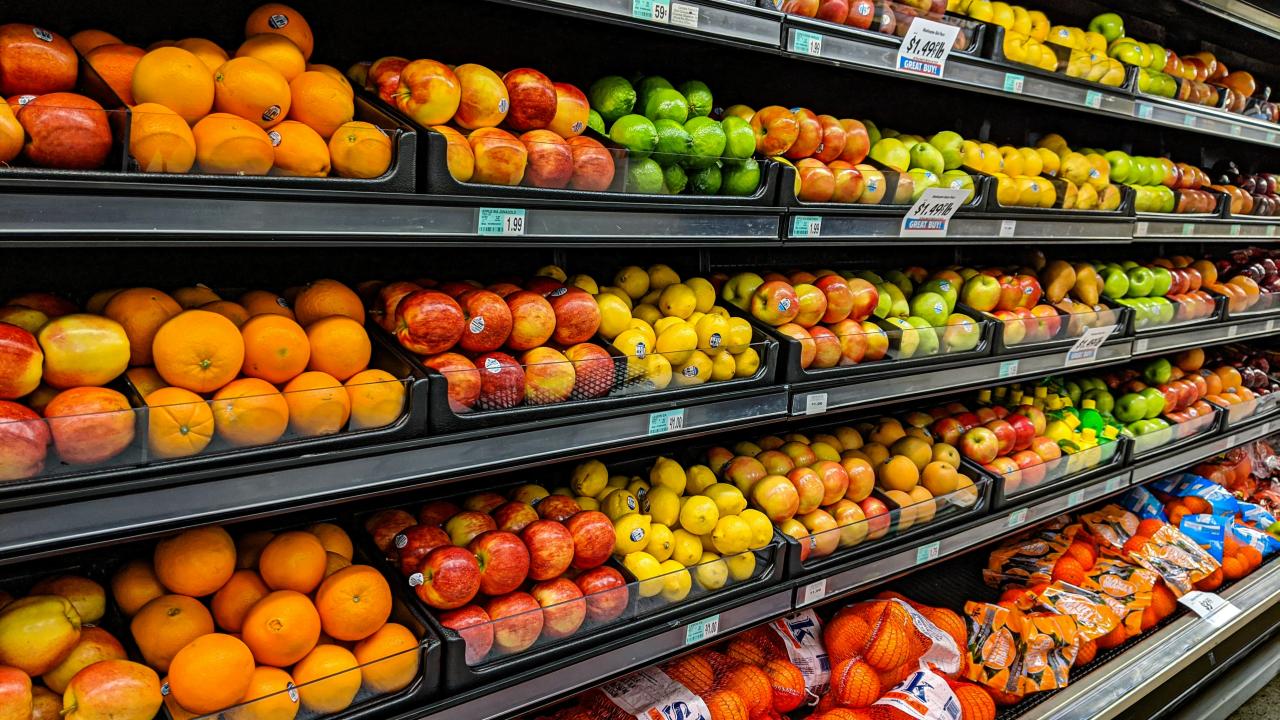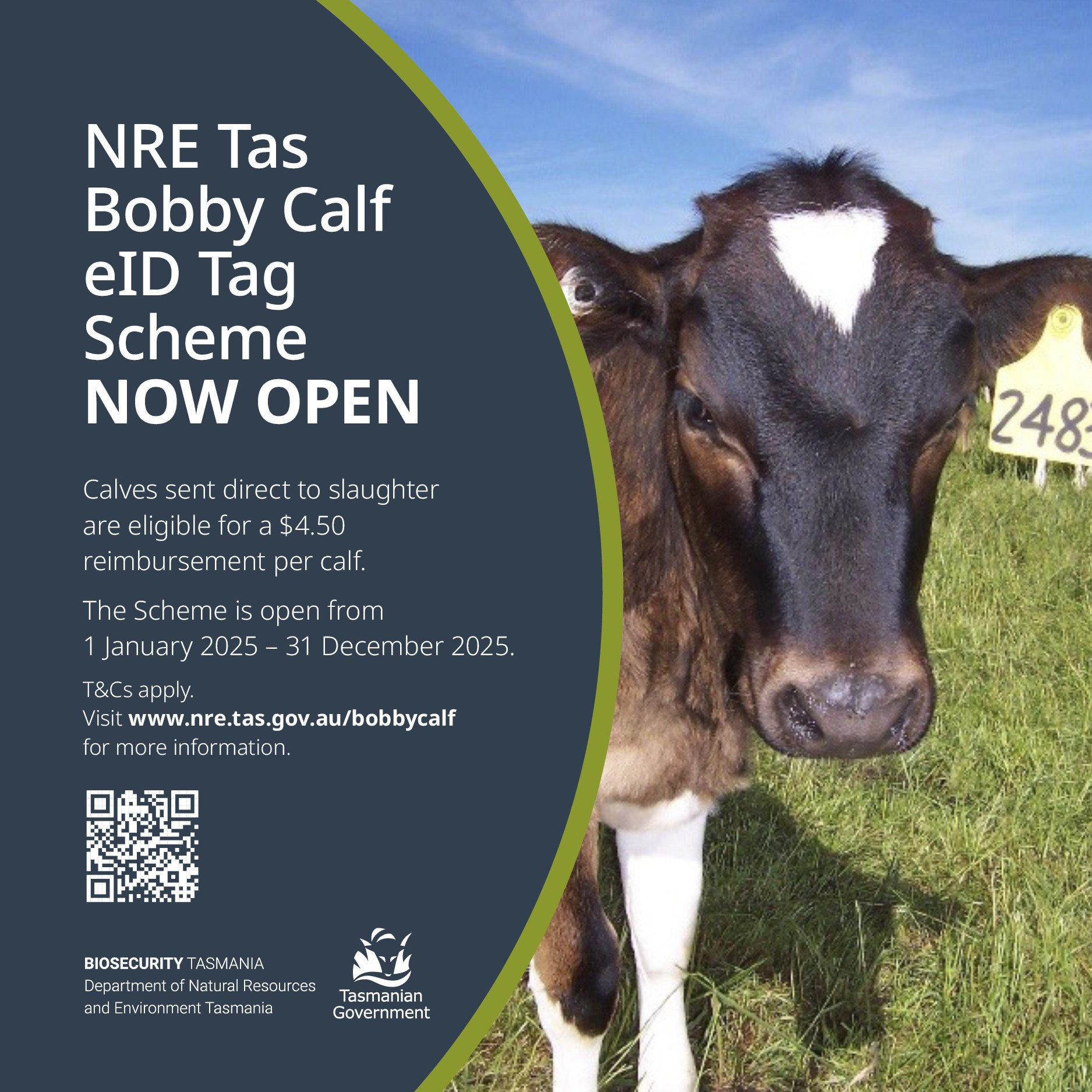Rural sector welcomes tough supermarket code

THE final report from the Food and Grocery Code of Conduct Independent Review by Dr Craig Emerson has been welcomed by farming groups across the country including TasFarmers.
TasFarmers president Ian Sauer said they were pleased to see the report included recommendations which should help address the power imbalance between the major supermarkets and farmers.
“TasFarmers thinks there should be partnerships right through the supply chain from the farm gate right through to the consumer’s plate, but that’s certainly not the case and even that part is disappointing,” he said.
“We see that as a 1950s corporate bully boy model, it’s outdated, not warranted and the Emerson report has certainly shown that.”
Mr Sauer said the organisation would now like to see the recommendations fully implemented.
“The secret now is that we want to see the report turned into action and not just words, and we will be looking very closely at that,” he said.
“I think we’ve gone long enough with this unreasonable and unfair power balance and it needs to be pulled in.”
Mr Sauer said he hopes the recommended changes will give suppliers, farmers or anyone in the supply chain the confidence to report issues without fear of ramifications.
“I think there needs to be really strong whistle blower laws that will allow the farmers to report when they think they’re getting a bad deal,” he said.
The National Farmers’ Federation also welcomed the final report.
NFF Acting Chief Executive Officer Charlie Thomas said the report backed the peak farming body’s calls to better protect growers. That included making the code mandatory, significantly increasing penalties for breaches, and better support for growers to raise issues with the Australian Competition and Consumer Commission.
The NFF is hopeful the review recommendations will provide clear, credible and enforceable reform to ensure the code worked effectively both now and into the future.
“This is a significant step in our campaign to level the playing field for farmers,” Mr Thomas said.
“We’ve always said that to protect growers, we need a code with strong enough deterrents to influence behavior in the supply chain.”
Throughout the review process, producers in sectors such as horticulture and dairy particularly raised issues regarding their experience with the supermarket sector.
“These changes should finally give the code the clout it needs to protect farmers,” said Mr Thomas.
“It will hopefully mean that farmers can speak up without fear of retribution, and we’ll start to get a clearer picture of the issues at play.”
Australian Dairy Farmers also welcomed the move to strengthen the code, which it said vindicates its review submission calling for the FGC to be mandated.
ADF President Ben Bennett said a mandatory code promises significant benefits for dairy farmers by ensuring fairer trading practices and enhancing protections within grocery supply chains.
“This shift from a voluntary to a mandatory code ensures that all major supermarkets must adhere to the Code, creating a level playing field for all suppliers,” he said.
The Dairy Code of Conduct remains in place as an independent code and continues to regulate conduct between dairy farmers and processors.




Add new comment